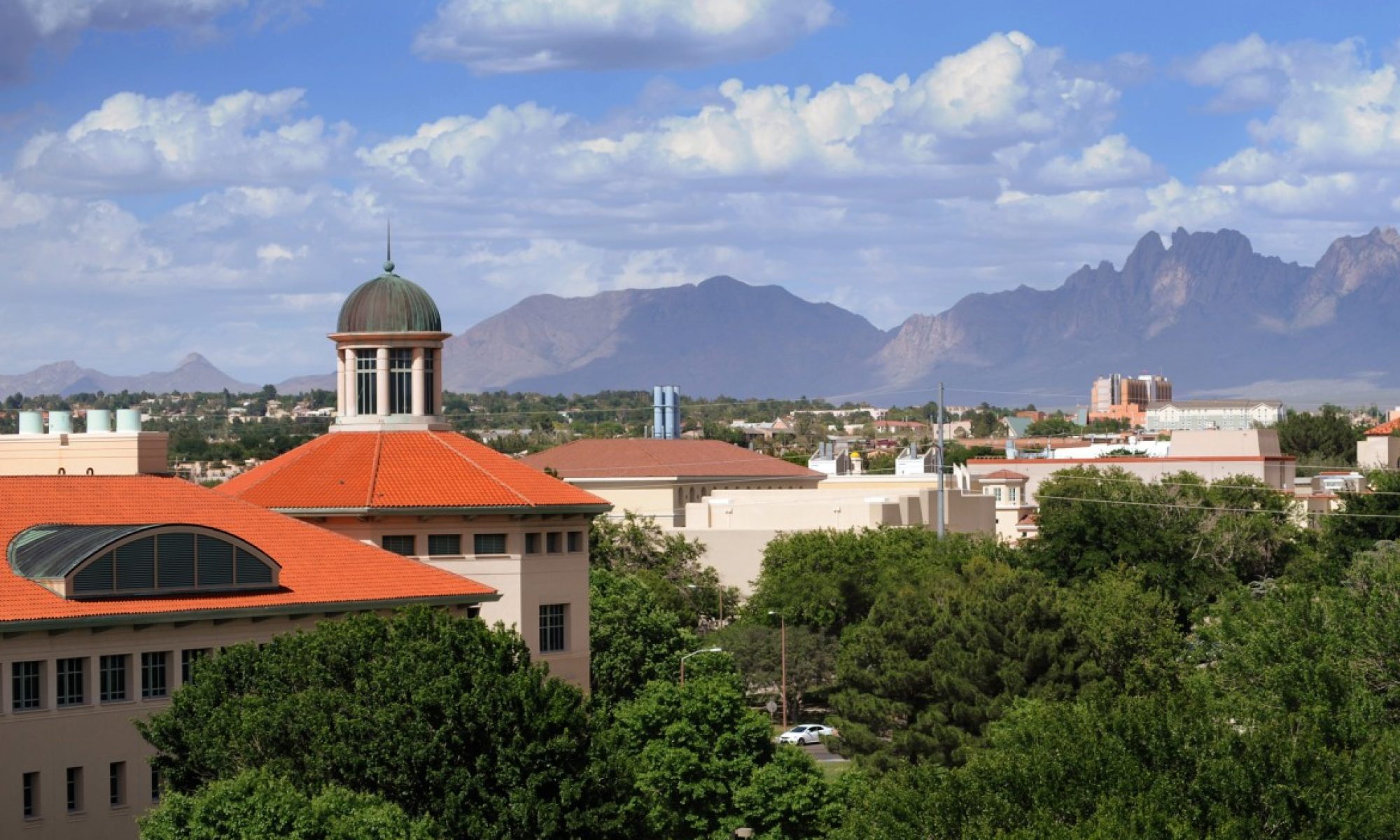Relationships with Other Departments
Lauren’s WP holds formal relationships with Advising and the College of Engineering; both relationships are optional, not mandated. Lauren described her collaboration with advising as: “I work with the Director of Advising on scheduling of writing program courses, predicting numbers of sections needed based on fill rates and pass rates.” This relationship helps Lauren address issues of labor (number of sections needed) and student needs (number of sections available). Lauren’s relationship with advising is positive and her strongest yet.
Though Lauren has a strong, positive relationship with Advising, her relationship with the College of Engineering has proven difficult. Lauren shared, “I have worked with the College of Engineering on their collaboration between ENGL 111 and their ENGNR 100—two courses that serve the same students and have common goals. We have a liaison in English who advises the Engineering College about the ENGL 111 classes for Engineering students; the liaison also trains teachers who teach those sections.” This relationship is beneficial because the WP is able to better understand how to prepare these students for their intended Engineering career. However, Lauren found this relationship to be not as enjoyable as her relationship with advising. She shared that “It isn’t great working with the Engineering College. They are inconsistent and sometimes have unreasonable expectations.” Unprofessional acts and lack of communication/understanding can understandably cause riffs between departments.
Along with the WP, the English department houses The Creative Research Center and The Writing Center. Both centers are available to first-year students. The Creative Research Center “is a media and technology lab in the English Department at NMSU, focused on providing a space for design- and arts-based research projects in the humanities, including data visualizations, infographics, interactive media art/installations, soundscapes and sonic ethnography, audiovisual essays, nonfiction media, podcasts, augmented and virtual reality projects, web and app projects, and physical computing projects, as well as a host of other possibilities.” The Creative Research Center encourages digital humanities and supports ENG 111 students in any multimodal texts they produce. The Writing Center is an appointment or drop-in facility that “values the work of student writers. We strive to help students become more knowledgeable, practiced, and confident writers through collaborative, dialogue-centered consultations. We also value the opportunity to learn from our experiences working with students in order to become better writers, tutors, and teachers.” Housing both The Creative Research Center and The Writing Center within the WP is beneficial for both parties. According to Lerner, “For WPAs…the writing center is a key ally for building and maintaining a writing program. Whether that work involves supporting all writers (whether students, staff, or faculty), or offering a venue for research into literacy practices, the writing center has much to offer” (278-9). Lauren’s actions agree with this statement; NMSU’s WP treats their Writing Center as a “key ally” by housing the center and using the center to directly serve the WP and the WP’s students’ needs.
WID Programs
In “Activity theory and its implications for writing instruction”, David Russell compares teaching general writing to teaching someone how to play games with a ball; while teachers may teach students how to play one game (ping pong), teachers cannot guarantee that that student can play another game with a similar sized ball (jacks). What’s to say teachers should teach ping pong instead of jacks, and vice versa? Teaching general writing is similar because teachers cannot teach every genre effectively or reasonably, and the genres that are taught may not apply to the particular students at all (60). Lauren’s program seems to agree with this philosophy as her WP requires students to take two courses: a general writing course based on inquiry and a discipline intensive course based on the student’s select discipline. The first inquiry-based general writing course does not focus on exposing students to various genres, but instead focuses of inquiring, a directly transferable skill for any genre or discipline. Upon completion of this general writing course, students then choose a writing class that highlights a specific genre/discipline. By doing so, students focus solely on their genre/discipline, instead of experiencing a survey discipline course. The writing in the disciplines course selection is described below:
Upon successful completion of ENG 111 (C- or above), students choose the writing discipline they want further practice composing in their ENG 200 course. They choose from the following courses:
“ENGL 203G Business and Professional Communication – 3 credit hours
ENGL 211G Writing in the Humanities and Social Sciences – 3 credit hours
ENGL 218G Technical and Scientific Communication – 3 credit hours
ENGL 311G Advanced Composition – 3 credit hours
ENGL 318G Advanced Technical and Professional Communication – 3 credit hours”
Lauren is a relatively new WPA (beginning in 2016), and she has many areas she wants to put her mark on. However, she is still easing into the program and has many attention needing areas that must take top priority. Yet, with some areas, the problem lies with knowing where to begin. According to Geller and Denny, “While conventional WPAs are almost always wholly complete faculty personages, with all the academic privilege and identity that such positions invest, a majority of WCPs do not share those experiences. Frequently, they are on the outside of academic culture looking in, yearning to contribute and complicate conversations that often advance without their active participation, yet lacking incentive, opportunity, or tools to do so” (118). Lauren seems to currently identify more so with the latter. She is still learning the areas where she has the most control and is still identifying areas that she wants to contribute her voice to, but isn’t sure how to. One of these areas is building relationships with various departments on campus; she wants to do so, but is so busy with other projects, and she isn’t sure where to start when it comes to building outside relationships. This area of exploration for Lauren seems to be on the back burner for now.
